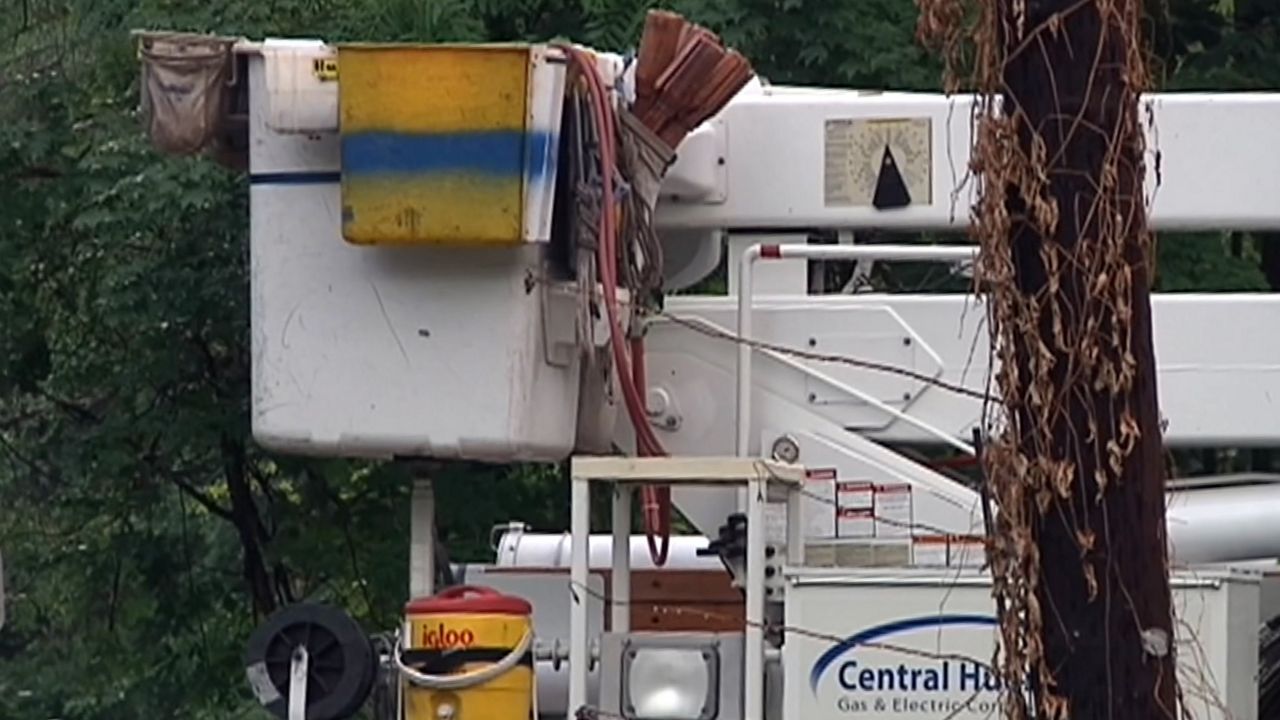The Central Hudson Gas & Electric Corp. agreed to pay $62.6 million as part of a settlement with the New York State Public Service Commission and an investigation into the company's billing system failures, the commission announced Thursday afternoon.
As part of the deal, Central Hudson would be responsible for up to an additional $2 million in payments if it fails to conduct monthly readings on schedule by Oct. 31, PSC said in a statement.
It stated that the company's billing issues have been resolved, though individual billing issues may still be possible.
The agreement requires company shareholders to fix the billing system, move to monthly meter readings and pay $4 million into a fund for ratepayers.
“Customers rightly expect to receive timely and accurate bills for their utility services,” Commission Chair Rory M. Christian said. “Our investigation and prudence review and audit found that Central Hudson wasn’t meeting this basic expectation. As a result of our investigation, the company has made and will continue to take corrective actions to resolve billing problems that have caused many customers great stress and confusion.”
The specific terms of the agreement include:
- More than $35.3 million spent since 2022 to remedy problems with its customer information and billing system
- $4 million to "directly benefit customers" to be allocated by the commission
- The company will not challenge approximately $8.75 million in negative revenue adjustments as a result of missed customer service metrics
- Shareholders will pay costs incurred and projected to be incurred to implement monthly meter readings for an estimated $6.3 million
Central Hudson released a statement that said, it “has worked tirelessly to strengthen transparency and yo rectify the billing issues our customers experienced due to the implementation of a new billing system. We’ve hired over 100 new professionals to better assist customers, hosted dozens of community meetings to address concerns directly, ensured affected customers were fully compensated, and rolled out monthly meter readings to largely elminiate bill estimates.”



